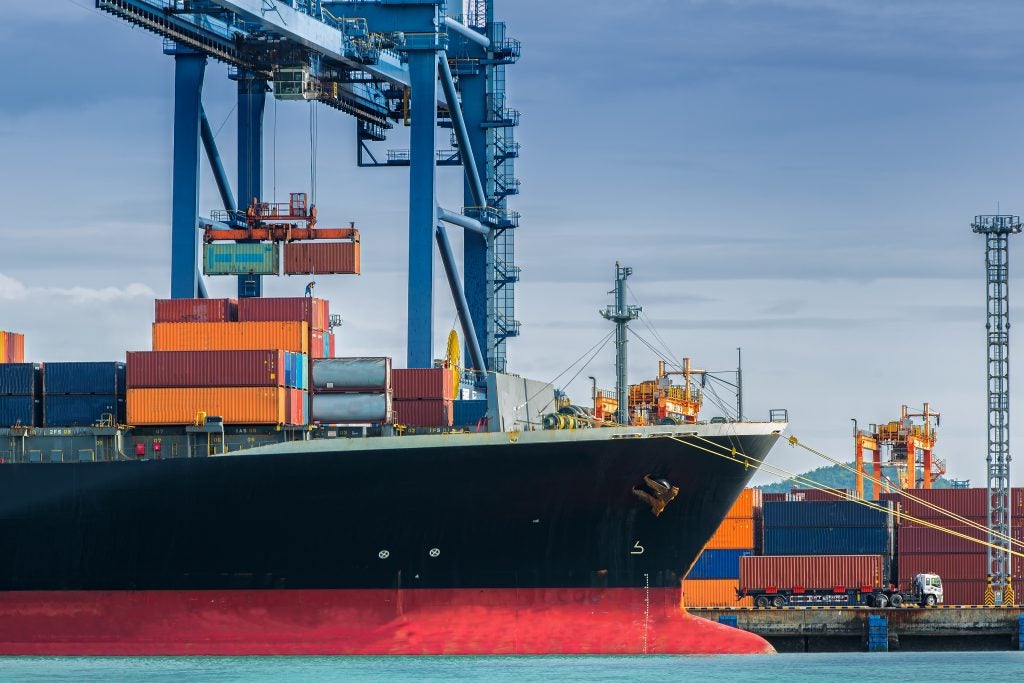This post was written by Panos Spiliotis, Global Climate Shipping Manager for EDF, and also appears on EDF Europe.
The European Commission’s “Fit for 55” policy package opens a powerful new opportunity to decarbonise shipping—a sector with a growing share of global emissions (roughly 3%) that is not covered by any EU climate target.
Released last week, the ‘Fit for 55’ package is the most robust policy proposal package set out by any of the world’s economies to date and signals to the international community that the EU is focused on its new target to reduce emissions by 55% by 2030. The Commission’s proposal to include international maritime transport in the EU Emissions Trading System can carry shipping a long way to a zero-carbon future; however, the policy suite fails in other ways to steer shipping entirely away from fossil fuels. Instead of kicking the can down the road, Brussels should chart a course that steers the sector away from liquefied natural gas (LNG) and toward cleaner options.
EU must stop favouring LNG
One key feature of the package, “Refuel EU,” mandates a progressive decrease in the carbon content of marine fuels. Unfortunately, the European Commission has put forward targets that will boost the use of LNG and biofuels in shipping—a pointless half-measure that will not lead to real transformative action. It is a sorely missed opportunity. If appropriately designed, the Refuel EU fuel standard could incentivize zero-carbon fuels.










